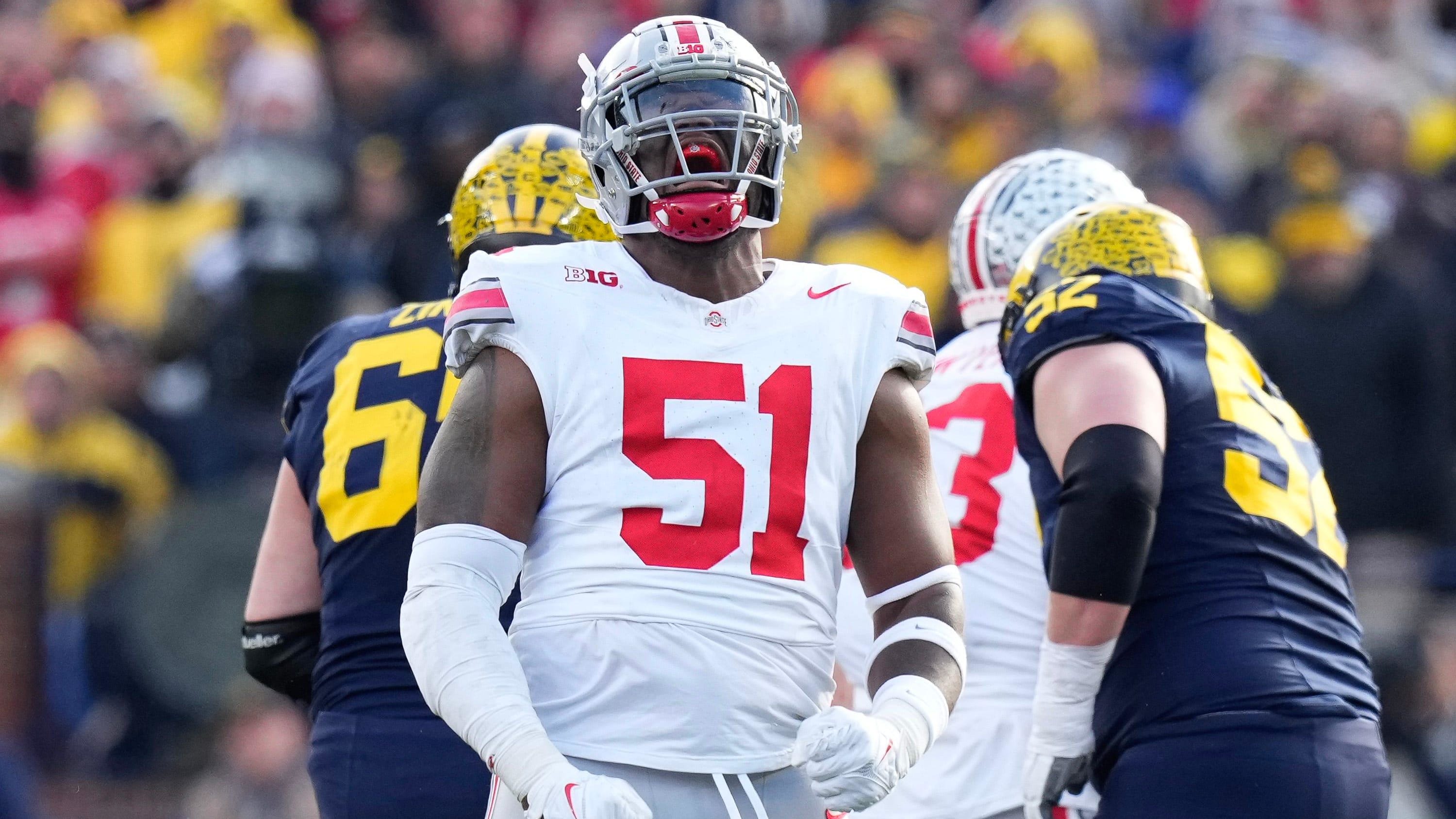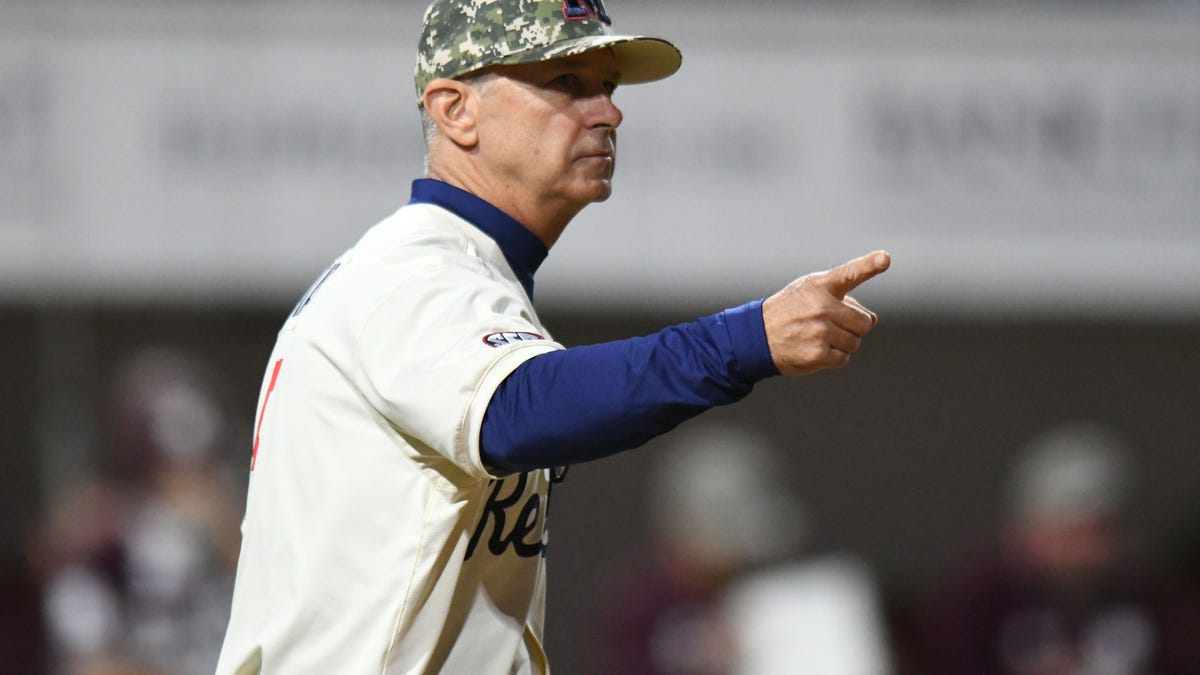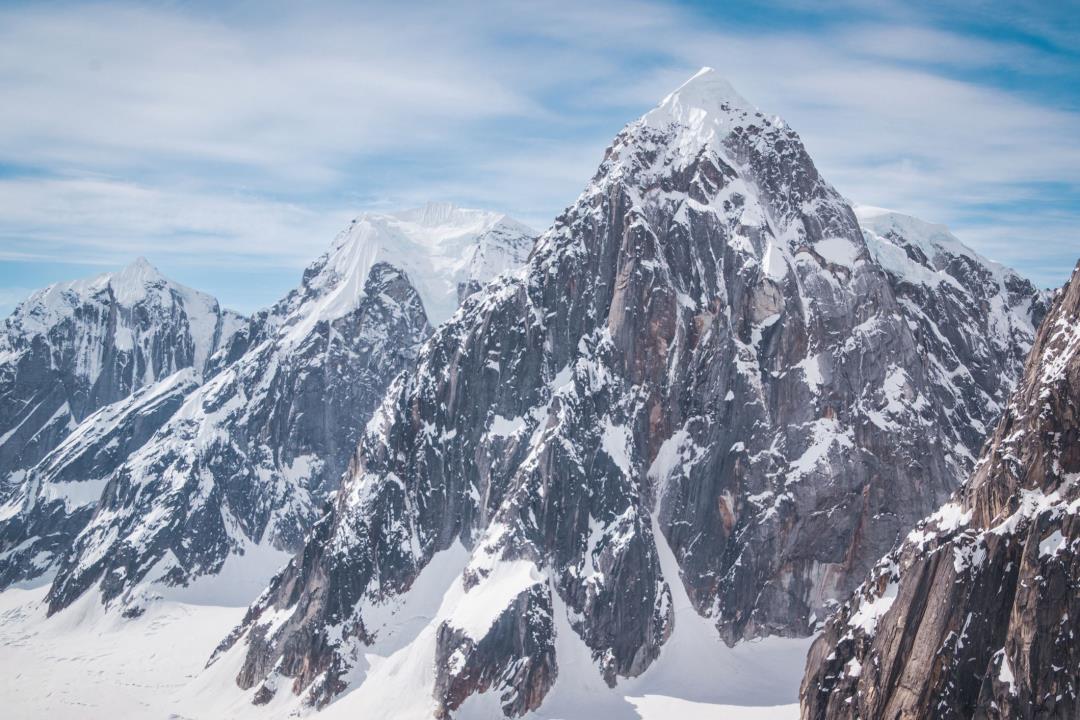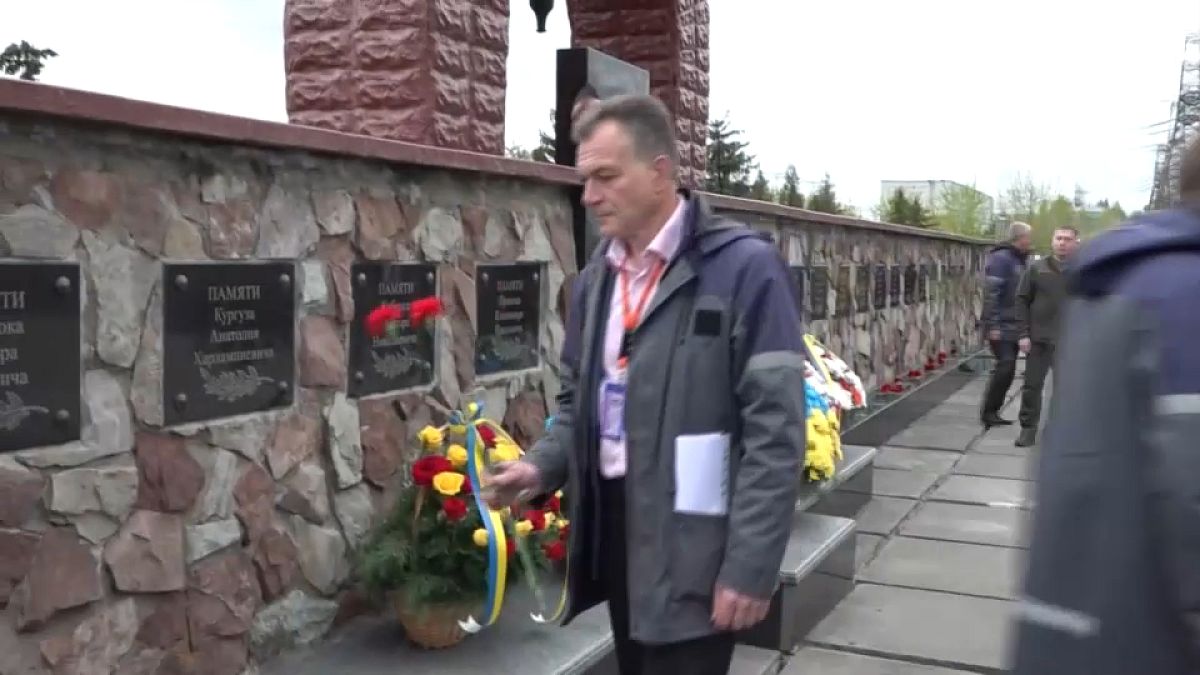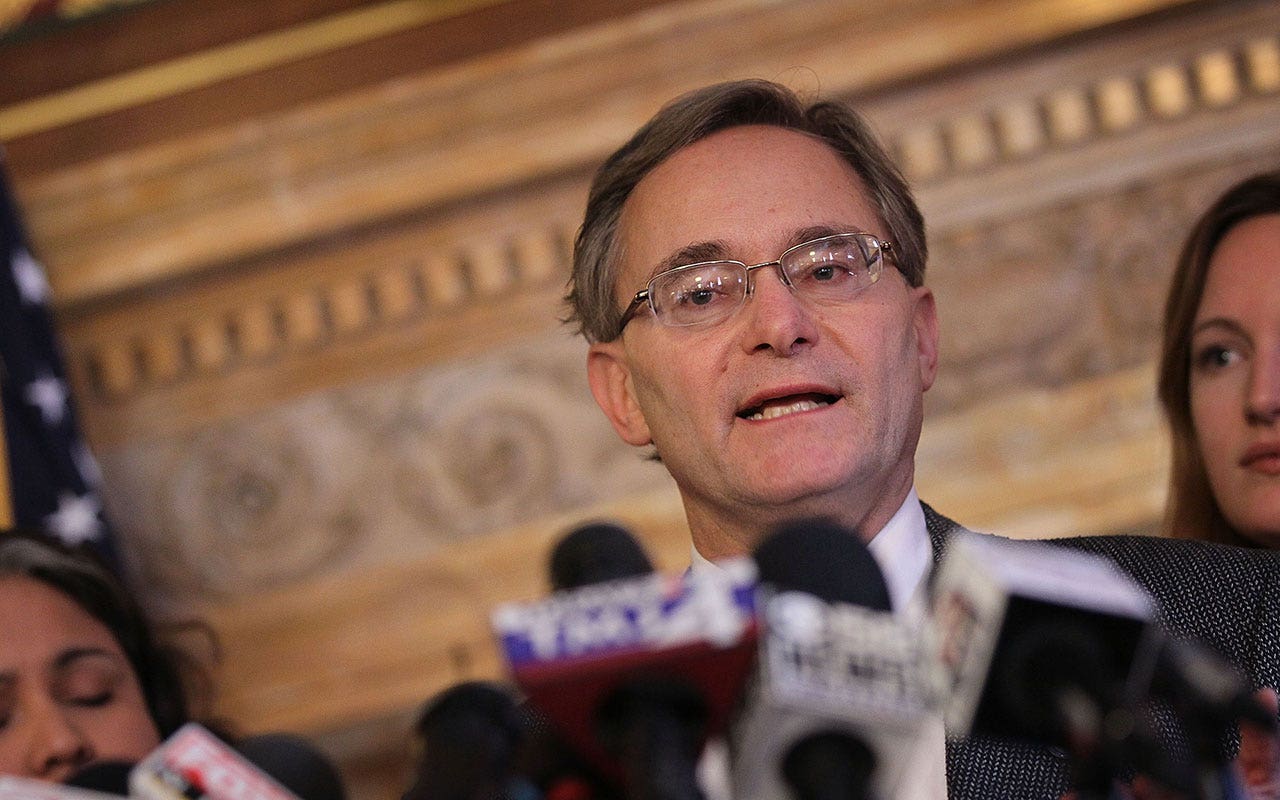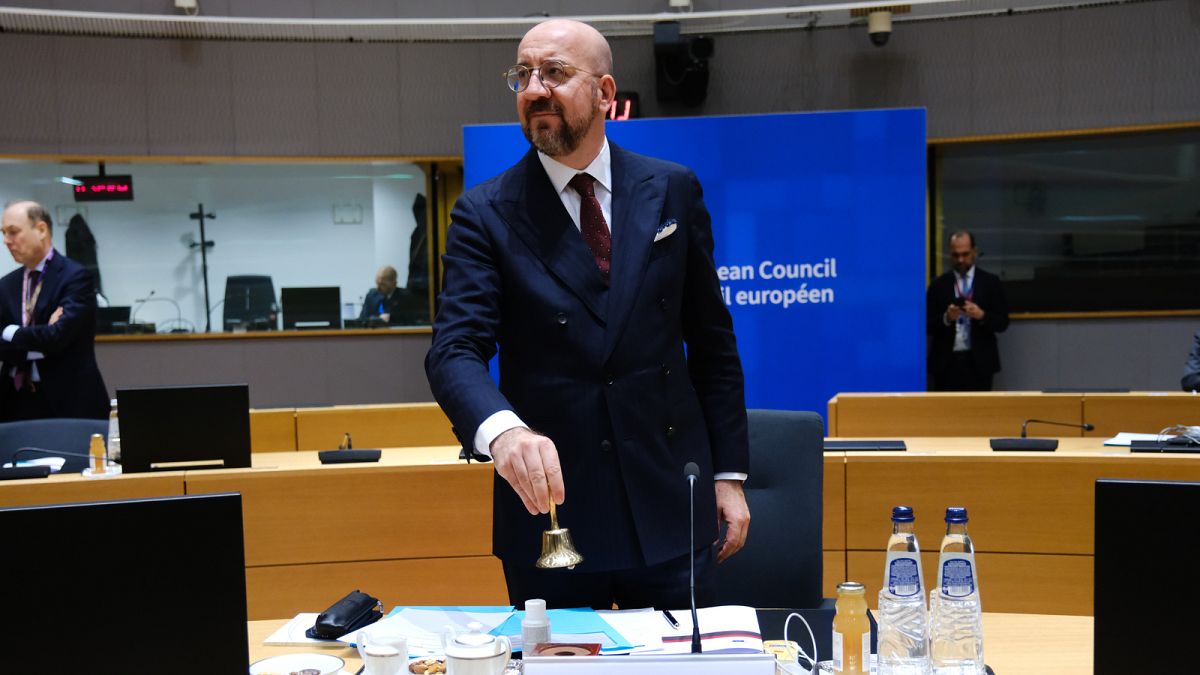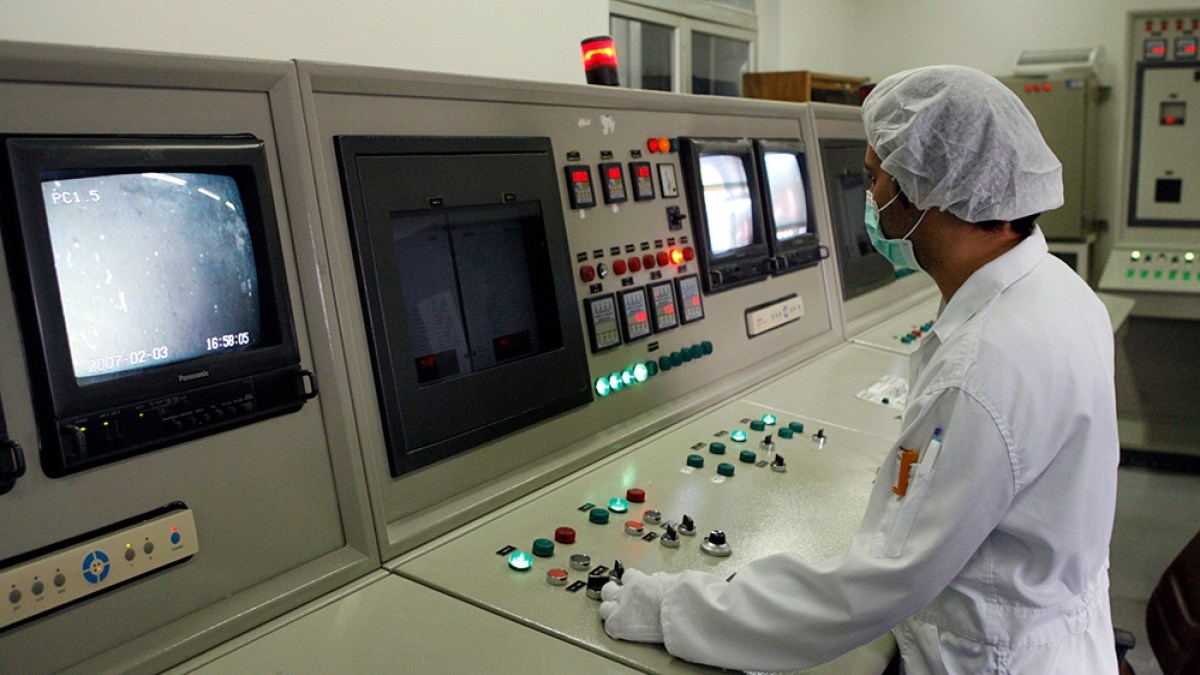Vermont
Anson Tebbetts: Invest in farms, food and infrastructure for a healthy Vermont

Commentaries are opinion pieces contributed by readers and newsmakers. VTDigger strives to publish a variety of views from a broad range of Vermonters. Commentaries give voice to community members and do not represent VTDigger’s views. To submit a commentary, follow the instructions here.
This commentary is by Anson B. Tebbetts, secretary of the Vermont Agency of Agriculture, Food and Markets.

As spring comes to the Green Mountains, shades of green slowly paint the contours of our rolling hills, valleys and farm fields. Farmers are planting crops; gardeners are sowing seeds in earnest.
Food and beverages are making their way to market. Visitors are traveling to Vermont for food, drink, experiences and beauty. Vermont once again unfolds into a new season, and the Green Mountains continue to provide the backdrop for farmers, producers and those making their living off the land.
Life meanders on, but clouds hang in the air as the Vermont Legislature, too, moves toward summer recess. If we do not invest in our food and farms, the system will suffer and, along with it, the Vermont economy.
Small communities in our rural regions are at risk. That is why the governor and the Agency of Agriculture, Food and Markets are proposing that the Legislature invest more in Vermont’s aging agriculture infrastructure. It’s our turn.
The Legislature is considering a $14 million package that will help Vermont produce more food for the region and make our farmers more viable. Investing in those who make their living growing produce means more local food can be sold at our grocery stores, farmstands, institutions and farmers markets. It also means we can rely less on produce that is hauled thousands of miles before reaching our plate.
Investing in our hills and valleys means encouraging farmers to keep more animals on the land. More Vermonters would like to raise beef, lamb and goats but aging meat processing facilities are challenged and stretched to capacity. That’s why investing in meat processing is good for Vermont’s future. We benefit by being able to eat more local meat, and animals keep our land open.
Maple is rooted in Vermont’s history, while also blazing a trail to the future. This iconic industry is growing, with care and investment. The governor’s proposal ensures that sugarmakers of all sizes, shapes and practices would be able to invest in their operations, expanding their reach to bring this natural sweetener further into the market. Vermont is the leading producer of maple in the United States. Let’s stay on top by investing in our sugarhouses and sugarbushes.
Lastly, our working lands will retire unless we invest in their future. This is the 10th anniversary of the Working Lands Program. It has supported dozens of small businesses in the past decade, including entrepreneurs in Vermont’s dairy industry.
For example, the Working Lands Program has supported new creameries, new products and new companies. The governor’s proposed budget invests $4 million in Working Lands because active agriculture supports the food and forest economy, the benefits of which are turned back into our rural communities. Let’s keep the momentum in our Working Lands moving forward before the Legislature adjourns for the year.
As the Legislature winds down, we encourage you to connect with your representative or senator about the importance of investing in Vermont’s future by supporting programs that help our rural villages and towns grow. This includes direct investment in agriculture, but also financing expansions in broadband, water, sewer and transportation. All these areas are also critical to the future of our agriculture and those who feed us.
Those who work the land contribute to so many businesses, from hospitality to people who rely on farmers to purchase supplies, feed and fertilizers. Now is the time to invest in rural Vermont and agriculture. Our farmers and those who support them in the Green Mountains are worthy of support and celebration -— today, tomorrow, and every day.


Vermont
Dead of Summer Music Festival to Feature Charity Disc Golf Tournament in Vermont this July

Dead of Summer Music Festival announced its featured charity disc golf tournament at Hunter Park in Manchester, Vermont this July. The event spans two days – July 13 and 14 – and sees a stellar lineup of performers from all over.

Saturday July 13 is the main event featuring a one round recreational singles tournament. The following day consists of a doubles match. All entrants will have the opportunity to win some great prizes for the top finishers on both days, all for a good cause. This July is the 5th annual Dead of Summer Music Festival which boasts a large, diverse lineup of bands and solo artists.
Some headliners include Pink Talking Fish Ensemble, Neighbor, Max Creek, and many more. To support the fundraising effort, tee box sign sponsorships are currently available. Now and throughout the festival weekend, raffle tickets for some great band merchandise and other giveaways can be purchased.


The musical acts appear July 12, and continue throughout the disc golf tourney, until its closure on July 14. At least 18 bands see the two stages over three days at Hunter Park. The park is seated on 25 acres in the Green Mountains of Manchester Vermont. The festival features performances as well as RV camping and tent camping, over 25 vendors. This family friendly festival also offers 2 days of yoga, kid’s set, and tie dying. Gates open at 9am Friday July 12th.


For more information on Dead of Summer Music Festival and the charity disc golf tournament, click here.
Vermont
Vermont’s Abenaki tribes are once again called out as frauds at UVM symposium
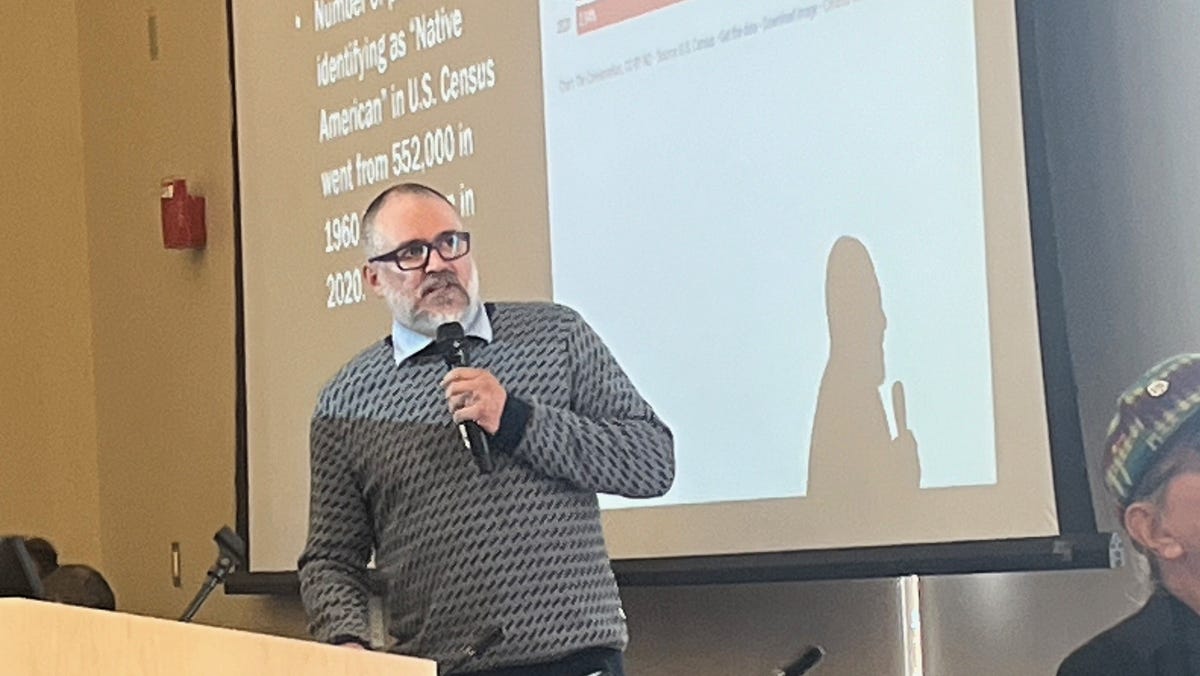
The authenticity of Vermont’s Abenaki tribes was once again rejected by a Canadian sociologist on Thursday evening at the University of Vermont.
Professor Darryl Leroux said his research using an extensive Canadian genealogy database has shown the families in Vermont originally claiming to be Abenaki were “clearly French-Canadian.”
“There’s such obvious and compelling evidence these groups do not represent Abenaki people in any way and have no Abenaki ancestry,” Leroux said. “How did the state of Vermont recognize them as such and why did they recognize them after writing a report saying they were not Abenaki? That’s something I still don’t understand.”
Leroux said he has met with “a couple of” Vermont legislators about the issue but couldn’t get answers to his questions.
Pretendians threaten sovereignty of Native American nations in the U.S. and Canada
An audience filled the Livak Ballroom at the University of Vermont’s Davis Center Thursday evening for the third in a series of three presentations contending Vermont’s four Abenaki tribes are fake.
There were similar presentations in 2022 and 2023 at UVM.
Professor David Massell of UVM’s Department of History introduced the speakers for the event, which included Gordon Henry, professor emeritus at the University of Michigan’s English and American Indian and Indigenous Studies departments; Pam Palmater, a podcaster and documentary filmmaker who advocates for indigenous issues; and Leroux, an associate professor at the School of Political Studies at the University of Ottawa.
Palmater is citizen of the Mi’kmaw Nation and member of Eel River Bar First Nation in Canada. Henry is an enrolled member of the White Earth Anishinaabe Nation in Minnesota.
Palmater and Henry kicked off the symposium by discussing how widespread the problem posed by so-called “pretendians” − non-native people who claim to be Native Americans − is in both the United States and Canada.
“It’s literally a threat to our sovereignty, our nationhood/citizenship, our culture and political standing in the future, so I feel passionately about the topic,” Palmater said of Native American imposters.
Vermont Abenakis can’t show they actually descend from Abenakis, according to Canadian professor
Leroux, speaking last, addressed the issue of Vermont’s four Abenaki tribes, which have received state recognition, but failed to achieve federal recognition, a decision that was initially backed by the state of Vermont.
“One of the primary reasons that really stands out in both the federal decision and state’s research is that the group wasn’t able to demonstrate they actually descend from Abenaki people,” Leroux said. “That’s the key. You have to demonstrate that at some point in time you actually had Abenaki people in your lineage. They have not been able to demonstrate that.”
Three of the four Abenaki chiefs in Vermont held a press conference earlier this week to denounce Thursday’s event at UVM and the ongoing effort by the Abenakis of Odanak in Canada to convince the state of Vermont to rescind its recognition of the Vermont tribes.
Canadian Abenaki chief says Vermont is ancestral territory
Rick O’Bomsawin, chief of the Abenakis of Odanak in Canada, was not scheduled to speak, but he stood up at the end of the event to say his tribe is willing to work with anyone to “bring the truth out about our real history and the important history of Vermont.”
“Vermont is our ancestral territory,” O’Bomsawin said. “We left this land in the hands of the good people of Vermont to take care of, to watch over, not to become us, not to take over our history.”
O’Bomsawin and a delegation from Odanak recently made their case against Vermont’s Abenakis at the 23rd session of the United Nations Permanent Forum on Indigenous Issues.
Contact Dan D’Ambrosio at 660-1841 or ddambrosi@gannett.com. Follow him on X @DanDambrosioVT.
Vermont
Vermonters react to rising gas prices

BURLINGTON, Vt. (WCAX) – Gas prices are on the rise. Vermont’s average for today is $3.63, up just 6 cents from this time last year, but up a significant amount since last month.
”Compared to I would say two months ago the price has just been going up and it’s crazy,” said Vermont resident Tiffanie Katsuva.
“It’s way too high. I think we should be energy-independent as we were a couple of years ago,” said Vermont resident Mark Fundis.
Experts say the average price of gas was about 25 cents cheaper last month compared to now. The spike in gas prices results from several things like refinery maintenance, the change to summer, and rising demand.
“Refineries around the country switch to that summer blend, which is more expensive to produce. Some of those refineries right now are still not producing anything,” said AAA Northern New England Manager of Public Affairs Dan Goodman.
Some Vermonters have strategies to combat the high prices. Being a member of a warehouse club allows consumers to gas up for a lower price than average.
“I know that if I come here it will most likely just be the best bang for your buck, and it’s easy to rely on a system like that,” said Alex Baker of South Burlington.
Gas prices do not seem to be getting lower anytime soon, so if you are looking to save money at the pump, there are apps and websites on where to find the least expensive gas in your area.
Copyright 2024 WCAX. All rights reserved.


